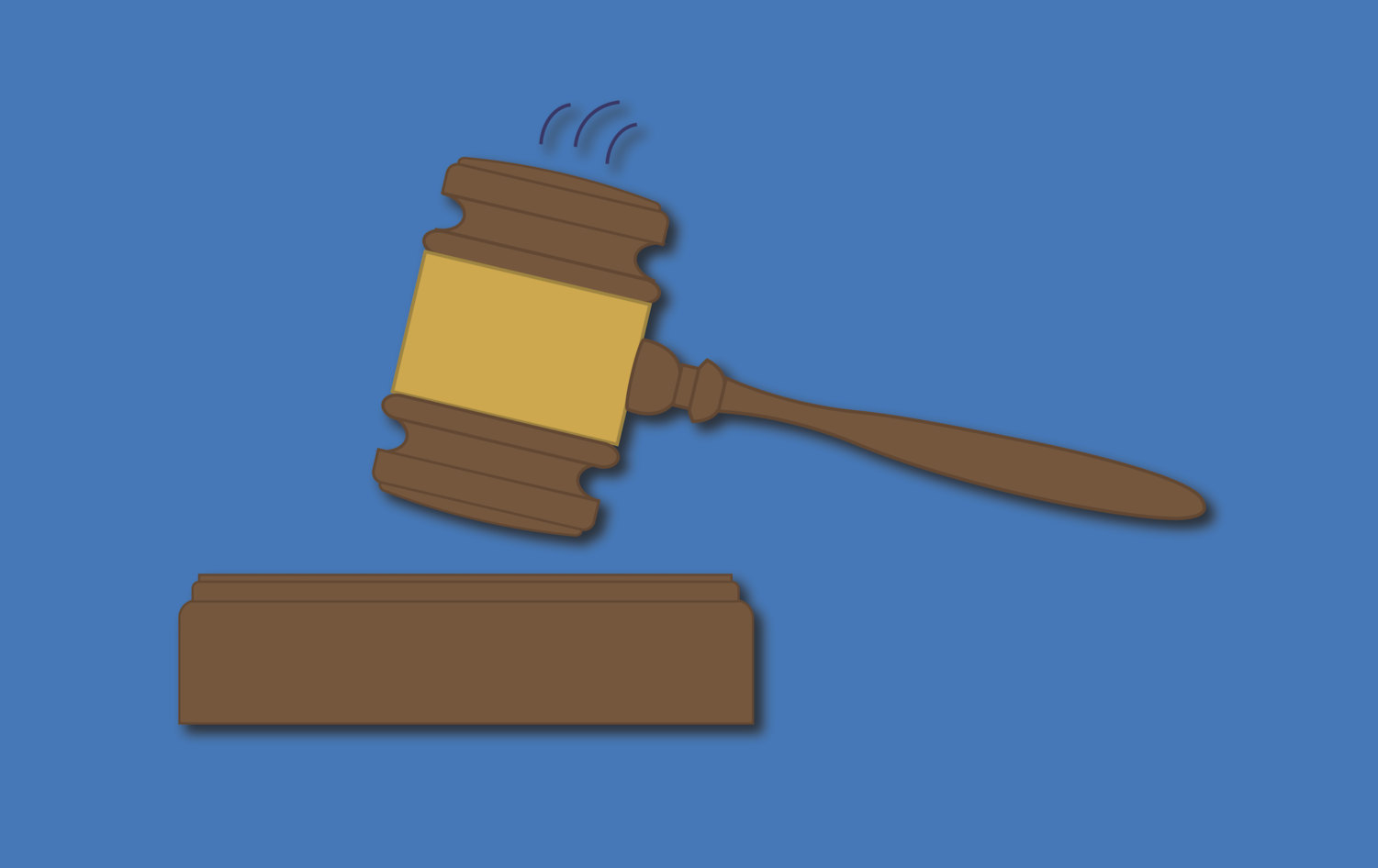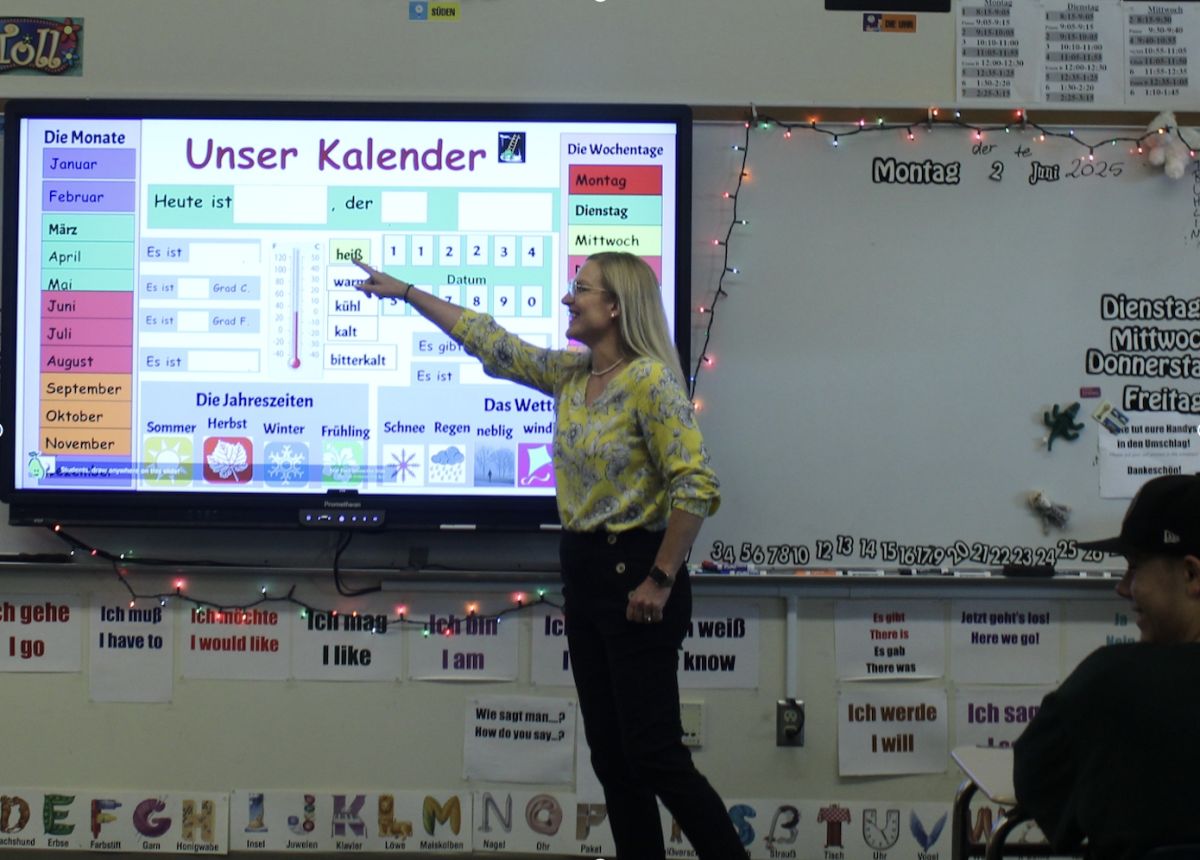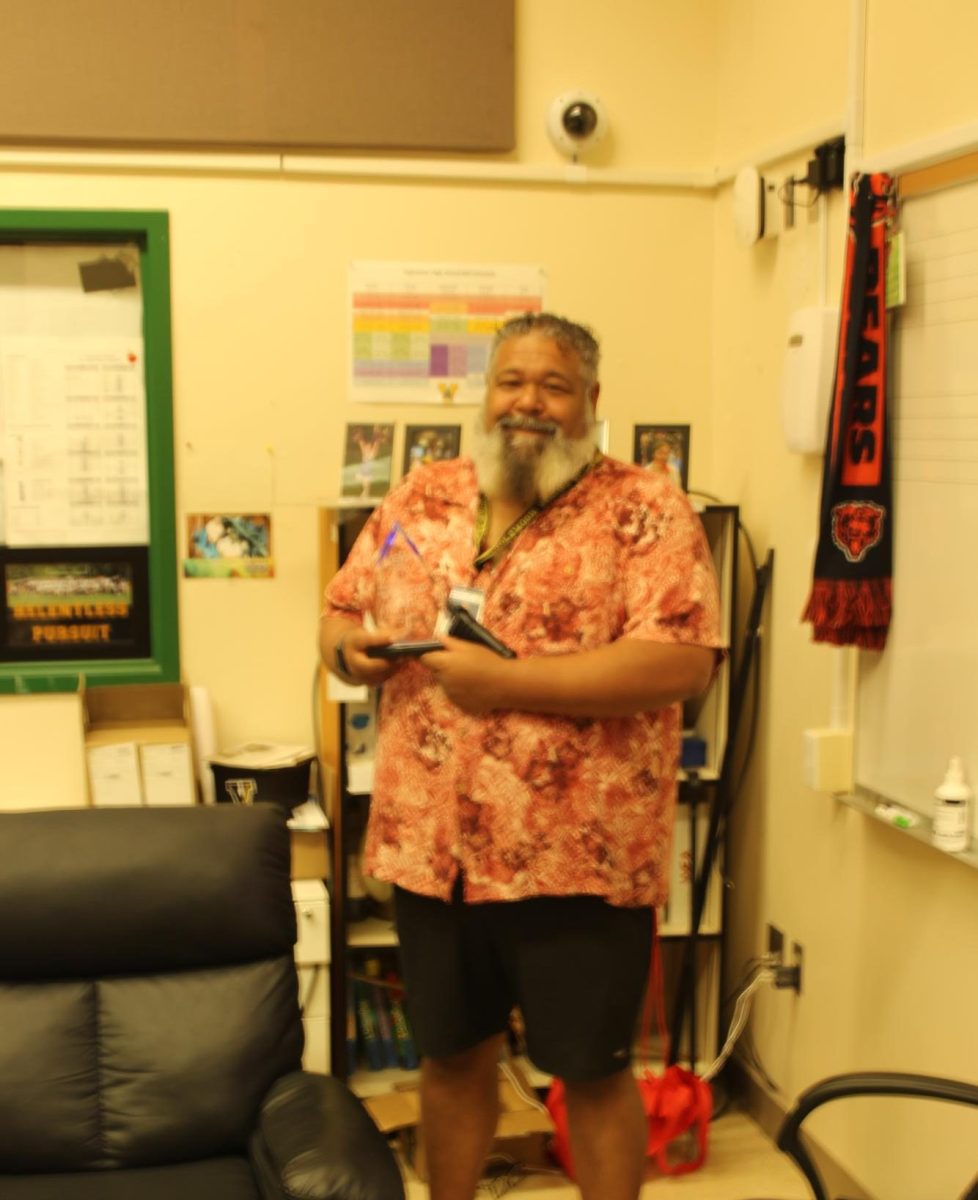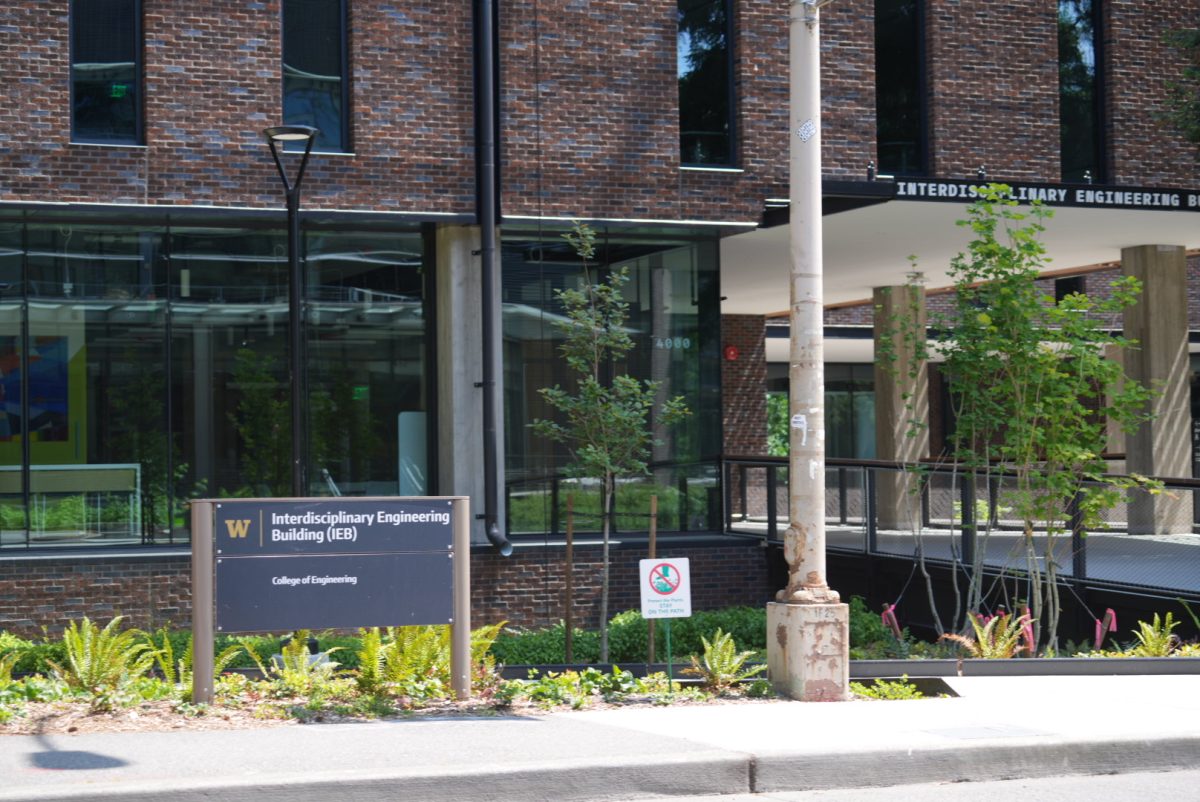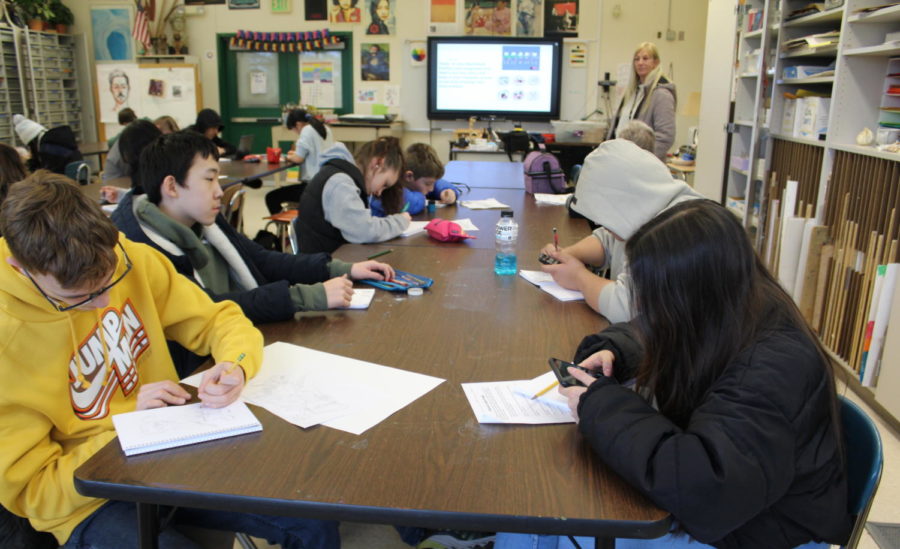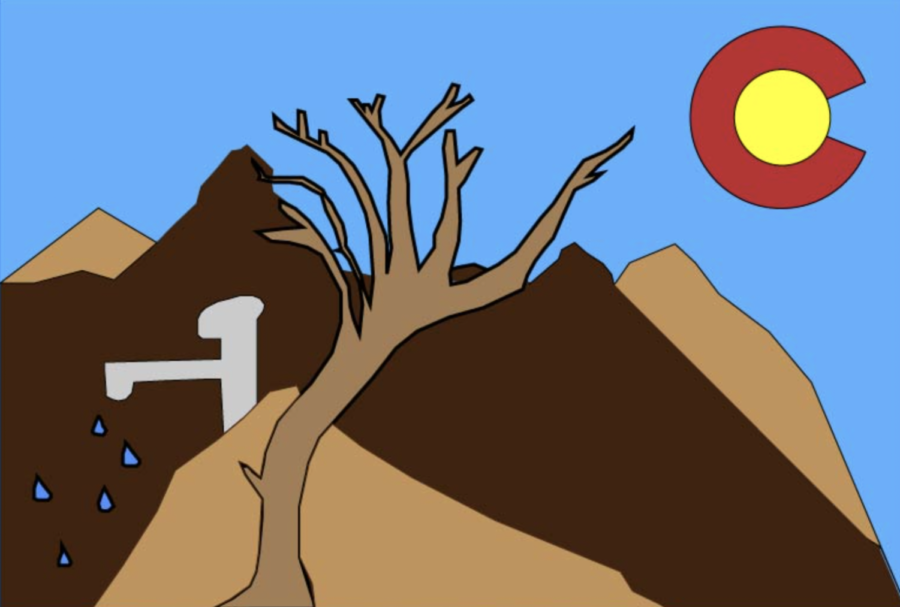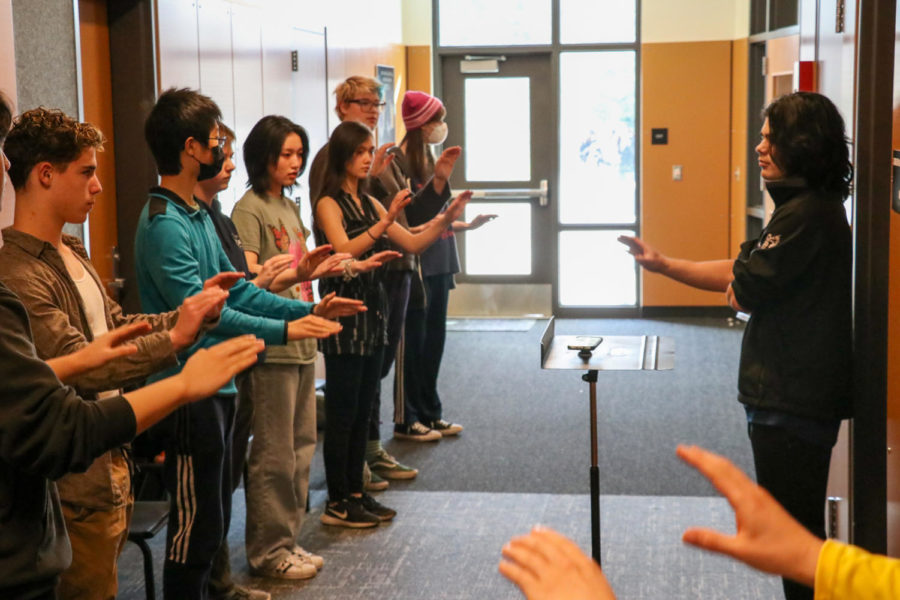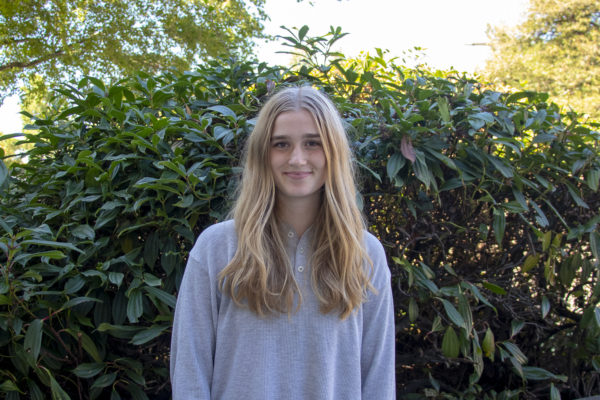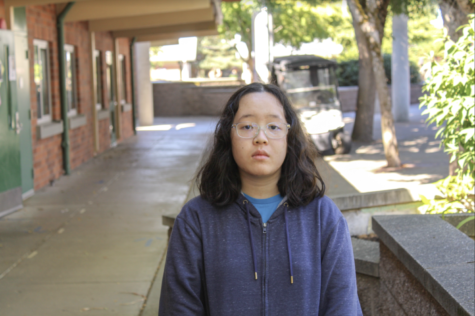On Nov. 9, the Supreme Court heard the arguments in the Haaland v. Brackeen case to potentially declare the Indian Child Welfare Act of 1978 unconstitutional because it constitutes racial discrimination and is a violation of states’ rights. The case was filed by the states of Texas, Louisiana and Indiana, along with individual plaintiffs.
The ICWA is a federal law that regulates the removal of Indigenous children from their families whether in be through custody, foster care or adoption. The ICWA mandates that Indigenous families or tribal members receive priority placement if a state court rules that Native children must be removed from their homes and that tribes have the right to be involved in that process.
The plaintiffs in Haaland v. Brackeen claim that the ICWA violates the 14th Amendment’s equal protection guarantee and is a violation of the 10th Amendment’s anti-commandeering doctrine. If the ICWA is overturned, it would have detrimental implications for tribal sovereignty and the well-being of Indigenous children.
The ICWA’s reconsideration has brought the subject of legal racial classification into question. Dr. Alexandra Harmon (she/her), a professor emeritus of American Indian studies at the University of Washington, said that the reconsideration of the ICWA depends on whether the Supreme Court finds that it makes a distinction based on race, which enables discriminatory treatment.
Harmon said the federal government is required to treat tribal nations as political organizations, not as racial groups. Considering tribes as racial groups would undermine their tribal sovereignty. Additionally, in Morton v. Mancari (1974), the Supreme Court held that federal law can give special treatment to American Indians. The ruling also supported the preferential hiring of Indians in the Bureau of Indian Affairs because of their special legal status.
The ICWA was met with challenges before in 2013 and 2017. According to the National Council of Urban Indian Health, studies conducted before the ICWA’s enactment showed that between 25% and 35% of all Indigenous children were removed from their homes by state child welfare and private adoption agencies. Of those, 85% were placed with non-Indigenous families, even when fit and willing relatives were available. When Indigenous American children are removed from their birth families and placed with non-Indigenous families, they’re deprived of their cultures.
“[Placements] turned out to be the wrong thing for them in some really serious ways, and so the law has done a tremendous amount to correct that, to make the placement of kids who need some kind of temporary protection and or maybe need to be adopted out. Options that are much better for them [are] if they can be in a larger extended family or in their tribal setting. It’s clearly made a difference. A positive difference,” said Harmon.
The ICWA was enacted after the federal government recognized that Indigenous children have been historically removed from their homes at a much higher rate than non-Indigenous children. From 1860 to 1978, Indigenous American boarding schools separated Indigenous American children from their birth families. 357 boarding schools operated across 30 states and housed over 60,000 Indigenous children. They were run by Christian missionaries as an extension of the federal government to assimilate Indigenous children into white American culture, depriving them of their own cultures in the process.
Decades of Indigenous children being separated from their tribes has had a lasting impact. According to NPR, Indigenous American children currently make up more than half the children in foster care, yet are only 15% of the total child population in the United States.
Harmon said that deciding whether a child needs to be removed from a home and where to place them is difficult.
“There are all these rules for bad decisions that don’t work out. But I think their record has shown that they have worked out far better now that the tribes — most of the tribes — have geared up to create and run some well-done child protective services,” said Harmon.
Harmon also expressed her thoughts regarding the ICWA’s reconsideration. She said that she wishes the Supreme Court had not decided to review it.
“It raises concerns that they might invalidate some or all of the law, which I think would be a very bad decision,” said Harmon. “I’m also worried, based on their rulings in some recent cases, that they will disregard and possibly write inaccurately about the facts of the case. They seem to be willing to overlook specifics, sometimes, of the facts of cases [which] make a ruling that really shouldn’t be based in the facts as they imagined them to be.”
Harmon said the ICWA has created a positive long-term impact within Indigenous tribes.
“I’m taking the word of my friends in the tribes, who tell me that they’re very thankful for [the ICWA],” said Harmon. “They have seen it as high priority to take advantage of what the Act and the administration of the Act enables them to do. I think in many cases, they can say they’ve seen an improvement in the opportunities and circumstances for many of their children.”


